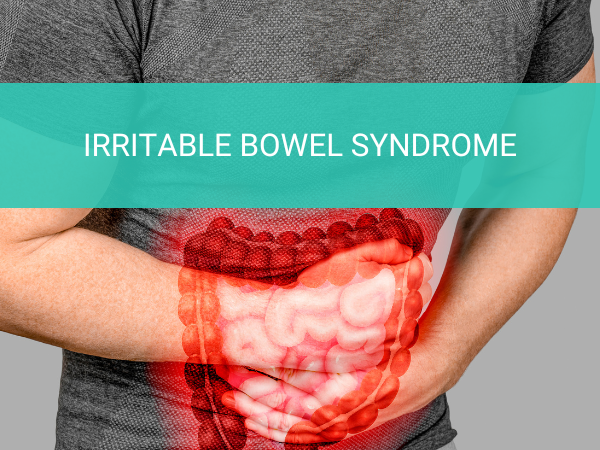Irritable Bowel Syndrome, Dan Shen and Tan Xiang
Podcast: Play in new window | Download
Irritable bowel syndrome (IBS) is among the world’s most common health conditions, with 15-25 percent of the U.S. population struggling with it. IBS is characterized by abdominal pain and altered bowel habits – either constipation or diarrhea. These symptoms tend to emerge in teenagers or young adults, and they are chronic.
These symptoms can also cause significant quality of life issues, so patients are driven to explore all of their treatment options. For many patients, that includes Chinese medicinal herbs like Dan Shen and Tan Xiang.
Is IBS A Difficult Condition to Diagnose and Treat?
IBS is a diagnosis of exclusion. In other words, there isn’t a single test or symptom that can be used to confirm IBS. Other conditions must be ruled out first. This can make for a frustrating, and extended, diagnostic process. And for a large number of patients, the frustration continues during treatment.
Lifestyle adjustments such as dietary changes, better sleep maintenance, and less stress are a necessary part of IBS treatment. Allopathic physicians may prescribe medication, including anticholinergics, antidepressants and analgesics. These medications come with side effects and their efficacy is limited in many. More research is needed, but IBS appears to be a highly individualized disorder.
How Does Chinese Medicine Addresses Irritable Bowel Syndrome?
Chinese medicine is ideal for resolving difficult-to-pinpoint symptoms like abdominal pain and GI upset. That’s because Chinese medicine treats the body as an interconnected network of systems, rather than compartmentalized organs. Houston practitioners know that dysfunction in one organ can disrupt others, and that how energy flows through the body can also affect health.
From a Chinese medicine perspective, IBS is frequently the result of blood stagnation (poor circulation) or qi stagnation (poor energy flow). By improving the quality of blood and energy flow, practitioners aim to balance out the body and better regulate functions like digestion.
To do this, Houston practitioners rely on a number of herbal therapies, including Dan Shen and Tan Xiang. Both have been used for GI dysfunction for centuries, and they’re particularly effective together. Dan Shen (red sage) is a slightly cool herb that’s used to reverse blood stagnation. Tan Xiang (sandalwood) is a warm herb that’s used to invigorate the qi and help it flow better through qi channels – also termed meridians. Together, these herbs can attack two common reasons for IBS, providing patients with relief.
- What Does Acupuncture Do for Your Body? - September 26, 2025
- Finding a Licensed Acupuncturist in Houston - November 20, 2024
- Can Acupuncture Help with Weight Loss - October 28, 2024

